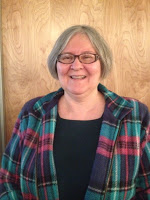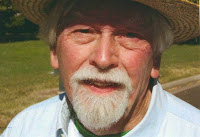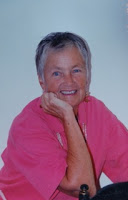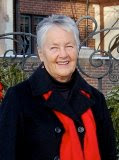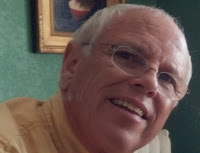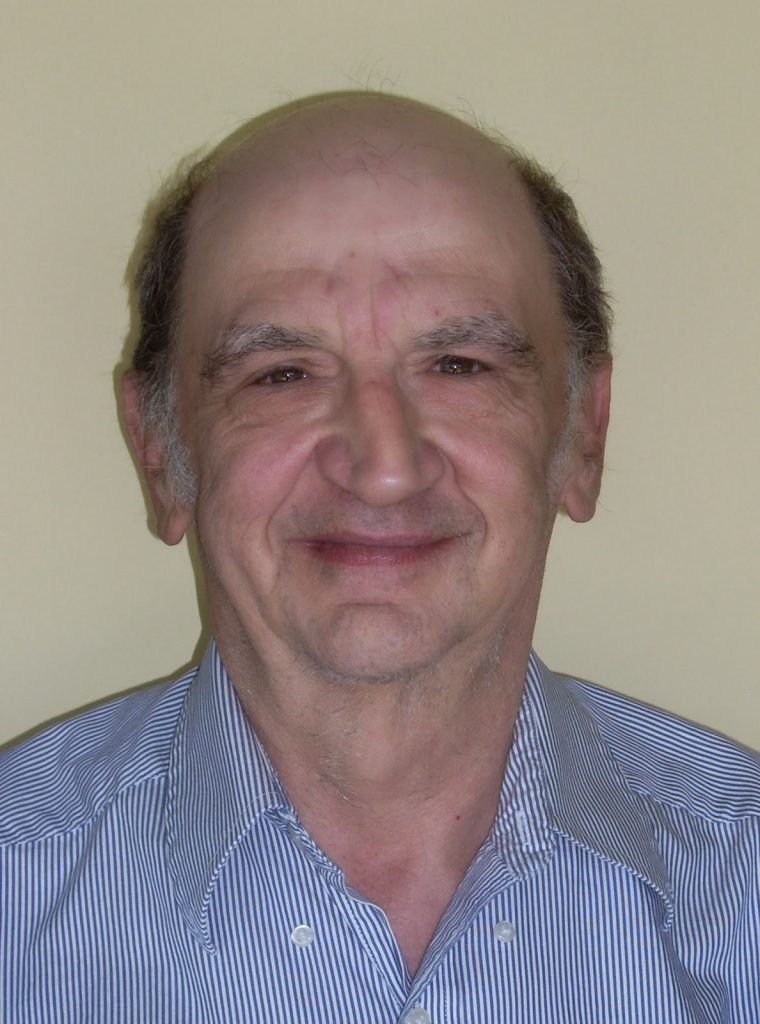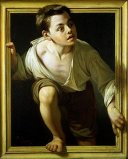“With pen in hand I write of our arduous journey from Lancaster County, Pennsylvania to our new home in Niagara County, New York. A covered wagon is the conveyance for the family. The track is badly rutted. The journey will take a few weeks.”
These words are a facsimile of those written by my great, great, great, great grandmother Mary Hershe Long, who moved from Pennsylvania to Niagara County, New York in 1820. This is the oldest example of journaling in my family that I have in my possession. There are many, many other examples such as this and many, many stories that have been told over the years since this one.
Inasmuch as we have taken up this activity of story telling and particularly the topic of “journal” I have come to realize that the women in my family have been great journalists. I don’t mean we have professional journalists in my family. But we do have many women on my mother and my father’s side who have been inclined to write down things that were happening in their lives. Some only recorded the major events, others kept daily diaries of their comings and goings.
I am truly grateful to have the stories of my great grand father and his forebears who settled in the wilderness that was western New York state in the early years of the 19th century.
On the same side of the family, my mother’s, my grandmother did a lot of writing especially for a non-professional woman of her time. Her’s were not diaries per se, but rather narratives and poems describing mostly her grandchildren and other people she loved. For example, “Betsy’s Hanky:”
Bets has a little handkerchief
To wipe her little nose
And everywhere that Betsy runs
She’s sure the hanky goes.
She dusts the car—then wipes her face
She cleans her shoes with this wisp of lace
’Twill be the emblem of her place
And wipe away her woes.
I can learn some things about myself from these words as well as learning about my grandmother.
Another favorite is the story of the Drib Yoj bird and how she flew to the rescue of some very sad children and cheered them up. The Drib Yoj always flew forward, not backwards as her name might imply.
Some of these papers of my grandmother’s are elaborately illustrated. Her writings were all done by hand, of course, and never published. I am fortunate to be the owner of these manuscripts which I am carefully preserving in acid-free plastic protectors.
The same grandmother, Edith Rand, wrote a collection of poems which she had typed (on Rand Company type writers, I’m sure) and bound together into a booklet called “Selected Poems”. I knew my grandmother, but know her so much better having read her poetry. The woman clearly loved life and everything about it, she was full of love and gratitude for everything she had, although her life was not without tragedy.
On my father’s side my great grand mother Cecelia McConnell wrote volumes about her travels across the mid west in a covered wagon, a career teaching on Indian reservations, and her exploits as a political activist. I do not have any of her writings, but I do have numerous newspaper articles describing her experience returning to the east coast in 1938 via one of the first commercial passenger flights as she approached the age of 100 years.
Cecelia’s daughter-in-law, my grandmother, had a daily diary which I lent to my cousin about 25 years ago. In this journal she recorded her day to day activities. From it I learned that she was a very active woman, but the diary tells me very little of her feelings or outlook on life.
My oldest daughter is a prolific writer. As well as the books she has written about her field of study, she keeps a journal in which she records her deepest thoughts and feelings. She does not share her journal and I think regards the journaling as a very private activity strictly for her own benefit.
When I was in my teens I acquired, probably as a birthday gift, a book in which I could record my deepest thoughts and feelings—— or just my daily activities, or both. This diary has enough pages for five years of writing. It actually came with a key with which one could guarantee to keep it free of any prying eyes. I long ago lost the key but fortunately it was left unlocked so I could look and see what I was doing/ thinking/ feeling in my youth—not much, really: a typical entry
“Dear Diary,
School was okay today. After school I had my hair set for the Freshman Frolic…….
Audrey was not in school today. DARN!
“Dear Diary,
Today Mother and Marcy and I went to Morristown to get Easter stuff.”
Like I said—not much. Even if I did allow you, my friends, to look inside this journal, I guarantee you would not find one single word about my deepest, darkest secret. There are no words in here about my sexual orientation as the idea of confronting the subject had at the time not yet entered my consciousness.
On several occasions during my adult life I have attempted to record my deepest thoughts and feelings in a journal. I have actually 4 of these journals. In my later years right after I retired, I did write about some of my deepest thoughts and feelings—especially about coming out and being out. I have never managed to fill one of my journals, however, but it is interesting to take a look and be reminded of what I did and how I felt in past years.
I did a fair amount of writing in my job, so when I retired, writing of any kind did not have an immediate appeal.
As I later wrote in 2013 in a piece for this group called “One Monday Afternoon”
“The only writing I did (after retirement) was in our travel log as we journeyed here and there in our beloved VW camper van to many different parts of the U. S. “Mileage today was 350. Spent the night at Frigid Frosty Forest Service campground. Woke up to snow and froze our butts,” would be a typical entry into the journal.”
I have kept in storage all my diaries better known as appointment books since 1989, a habit I developed at work. If I need to know when something happened, I can look in there, but no deep thoughts or feelings can be found in my appointment books.
One day about twelve years into retirement Gill and I were presented with the opportunity to join a certain writing group at the LGBT Center.
“….a writing group? Creating a piece of writing EVERY week. Telling my story. That sounds like work to me. I’ll have to exercise my brain and delve into memories and emotional stuff of the past and present. Do I really want to do that? Writing. Much harder than talking or thinking or imagining. After all, I thought, writing my story I will have to finish my dangling thoughts as well as correcting my dangling participles. Do I really want to get into that?
That was six years ago. I had no idea I would get so much out of being a part of this group when I was considering whether or not to join.
…… there is tremendous value to me in documenting experiences I have had, feelings I now have or have had in the past, beliefs I hold dear; ie, documenting who I am. The process of telling one’s story is not always easy, but with practice it gets easier. How much value the stories have for anyone else I will never know. But I find it oddly comforting knowing that I am leaving them behind when I depart this life.
Finally I believe this activity of writing and telling our stories gives me a broader perspective of my own life–a perspective perhaps not otherwise attained and certainly a perspective not easily attained.
So my journal has become this collection of stories I have been sharing now weekly for six years. I feel quite satisfied that although it is not a journal in the traditional sense of the word, the pages do tell a story of who I am and what my life has meant to me and my loved ones. Maybe in their later years my great, great grand children, who will never live in my lifetime, or maybe even my grandchildren, who do know me even if only slightly, will want to read some of the stories to understand more about who their grandmother was just as I am fascinated to learn about those who came before me.
© 3 August 2017
About the Author
Betsy has been active in the GLBT community including PFLAG, the Denver Women’s Chorus, OLOC (Old Lesbians Organizing for Change), and the GLBT Community Center. She has been retired from the human services field for 20 years. Since her retirement, her major activities have included tennis, camping, traveling, teaching skiing as a volunteer instructor with the National Sports Center for the Disabled, reading, writing, and learning. Betsy came out as a lesbian after 25 years of marriage. She has a close relationship with her three children and four grandchildren. Betsy says her greatest and most meaningful enjoyment comes from sharing her life with her partner of 30 years, Gillian Edwards.
